Two Vietnamese people who have just achieved IELTS 9.0 both graduated as salutatorians from universities. One is a PhD student, the other is a master's student.
That is Ms. Ha Dang Nhu Quynh, who graduated second in English Pedagogy from Ho Chi Minh City University of Education in 2018 and is currently a PhD student (University of Reading, UK). She achieved IELTS 9.0, with scores for each skill: reading 9.0, listening 8.5, writing 8.5, speaking 9.0.
The second person with IELTS 9.0 is Mr. Tran Anh Khoa, who graduated as second place in English language from the University of Social Sciences and Humanities (Ho Chi Minh City National University) in 2019. Mr. Khoa has a master's degree in TESOL (master's degree in teaching English), a former student majoring in English at Le Hong Phong High School for the Gifted, Ho Chi Minh City. He won third prize in the national excellent student competition.
Khoa's scores for each skill were reading 9.0; listening 9.0; writing 8.5 and speaking 8.5. Notably, both Nhu Quynh and Anh Khoa completed the reading test in a very short time.


Ha Dang Nhu Quynh and Tran Anh Khoa, just achieved IELTS 9.0
Which skill is the most difficult in the journey to conquer IELTS 9.0?
To conquer 9.0 IELTS, Master Tran Anh Khoa said he faced challenges with speaking skills. "In the process of teaching English, I mainly take care of reading and writing, and rarely teach speaking, so I rarely practice with the IELTS speaking test. I also rarely speak completely in English with people around me. Therefore, my solution is to... talk to myself," Mr. Khoa shared.
"I ask myself random questions and answer them to myself. Many people will find this method ineffective, but I find it effective in helping me get used to and become more sensitive when speaking English. Of course, nowadays with AI technology that "chats" by voice, we can also talk to AI. Sometimes I practice this way," he shared his personal experience.
Ha Dang Nhu Quynh said that for her, the most difficult skill is writing, because although it is easy to get a score of 7.0; 7.5, it is difficult to break out to a higher score. Her experience is to clearly understand the IELTS scoring criteria, not only writing correct vocabulary and grammar to get good results, but also building ideas that are specific and profound, not writing empty and general. She concretizes the questions, from there comes out with more specific and profound ideas, creating more opportunities to use vocabulary related to certain topics.
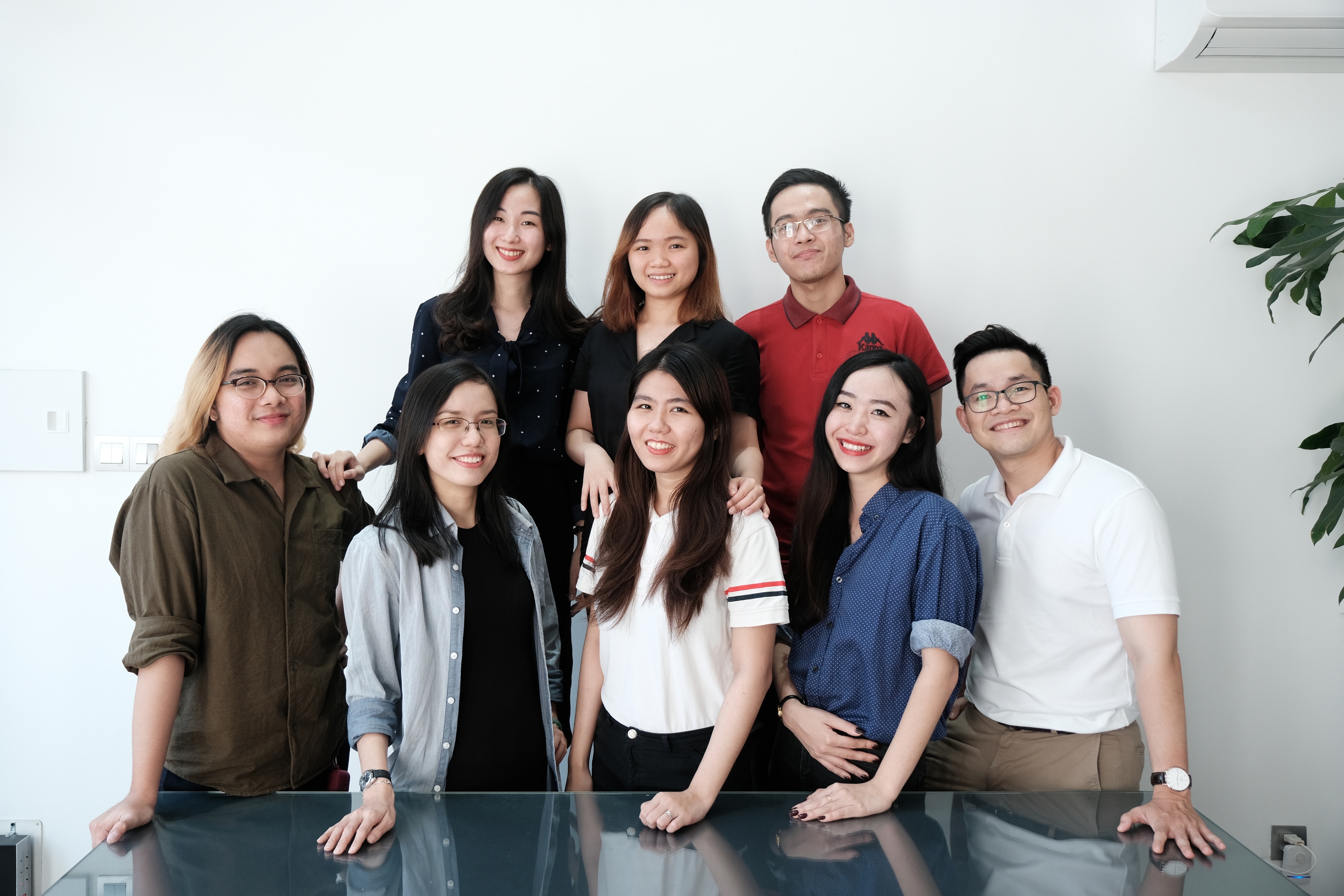
Ms. Nhu Quynh (white shirt, 3rd from right) and colleagues
How to complete IELTS reading in a very short time?
Nhu Quynh completed 3 reading tests in 20 minutes. Her experience is not to skim/scan because of many risks. Instead, she focuses on reading and understanding the passage deeply using the Linearthinking English method. She applies simplification to reduce the reading load, so even if the reading is long and confusing, she can still read quickly and understand it. At the same time, she applies reading connection to see the main idea of the passage, and does well in questions such as choosing the title of the passage or multiple choice...
Besides, regularly reading foreign newspapers such as The Guardian or The New Yorker is also the experience of the female researcher who just achieved 9.0 IELTS. This helps her increase her vocabulary, have many documents to increase her social knowledge...
Even though they achieved the highest IELTS score, both Nhu Quynh and Anh Khoa said they still have to try harder.
"In my opinion, achieving high scores is not a great contribution, but rather being able to inspire others. I want to help my students achieve high scores, not just myself. And fortunately, I am working around people who share the same ambition. I believe they will give me more inspiration and motivation to improve English teaching and learning so that more people can also be good at English," said Anh Khoa.

Tran Anh Khoa is a former student of Le Hong Phong High School for the Gifted, Ho Chi Minh City, he has a master's degree in TESOL.
That is also the wish of Ms. Nhu Quynh. The runner-up of Ho Chi Minh City University of Education expressed: "I hope to contribute with other English teachers to perfect effective methods to "normalize" IELTS scores of 8.0; 8.5; 9.0 for Vietnamese students".
In mid-October 2024, IELTS co-organizers announced data related to the IELTS exam globally in 2023 - 2024. Accordingly, for the Academic exam alone, the average IELTS score of Vietnamese people is 6.2, similar to 2022 and ranked 28th out of 39 countries that hold the IELTS exam. However, this position has decreased by 5 places compared to before (ranked 23rd in 2022).
Vietnam currently has about 20 people who achieved IELTS 9.0.
Do you have to use a lot of big words to get high scores?
Many people believe that using "big words" in the speaking and writing sections will help you get a higher score. In response to this, Ms. Nhu Quynh believes that the highest level of vocabulary use is to use words accurately with the meaning that needs to be expressed and in the right context (formal or informal).
Mr. Khoa also said that if the word "big knife" is used in the wrong context, it can easily become unnatural. If there are many parts in the essay that use unnatural words, it is likely to only get a score of 6.0 or lower for the vocabulary criterion. According to Mr. Khoa, the important thing is to use words accurately and naturally, in accordance with the topic being asked, and to be able to express the same idea in many different flexible ways.
In the IELTS exam, which skill is the most challenging for Vietnamese people?
Như Quỳnh, the owner of IELTS 9.0, believes that speaking skills are not easy to practice, many of us may lack people to practice with or after practicing, there are no native speakers/good English speakers to correct our mistakes, so we do not know how to improve, where... During the speaking test, candidates often do not have time to think but rely mostly on reflexes, so it requires mastering knowledge to the point of proficiency, becoming second nature.
Meanwhile, Mr. Tran Anh Khoa said that the challenge for many Vietnamese people is both speaking and writing skills. For writing, writing an essay in IELTS has some differences from writing an essay in high school, from the structure of the essay, to the length, and the way of developing ideas. For literature writing, we are often expected to write long, usually 2 double sheets of paper, so we can develop ideas in a gradual direction. As for IELTS, we only have 40 minutes to write, if we develop slowly, not focusing on the main point, it will be easy to be rambling, not having time to fully solve the topic and get a low score.
Source: https://thanhnien.vn/viet-nam-vua-co-them-2-nguoi-dat-ielts-90-185250107153845117.htm


![[Photo] Many practical activities of the 9th Vietnam-China border defense friendship exchange](https://vstatic.vietnam.vn/vietnam/resource/IMAGE/2025/4/16/3016ed3ef51049219574230056ddb741)
![[Photo] Opening of the 4th Summit of the Partnership for Green Growth and the Global Goals](https://vstatic.vietnam.vn/vietnam/resource/IMAGE/2025/4/16/488550ff07ce4cd9b68a2a9572a6e035)

![[Photo] National Assembly Chairman Tran Thanh Man meets with Ethiopian Prime Minister Abiy Ahmed Ali](https://vstatic.vietnam.vn/vietnam/resource/IMAGE/2025/4/16/c196dbc1755d46e4ae7b506c5c15be55)
![[Photo] President Luong Cuong receives Ethiopian Prime Minister Abiy Ahmed Ali](https://vstatic.vietnam.vn/vietnam/resource/IMAGE/2025/4/16/504685cac833417284c88a786739119c)

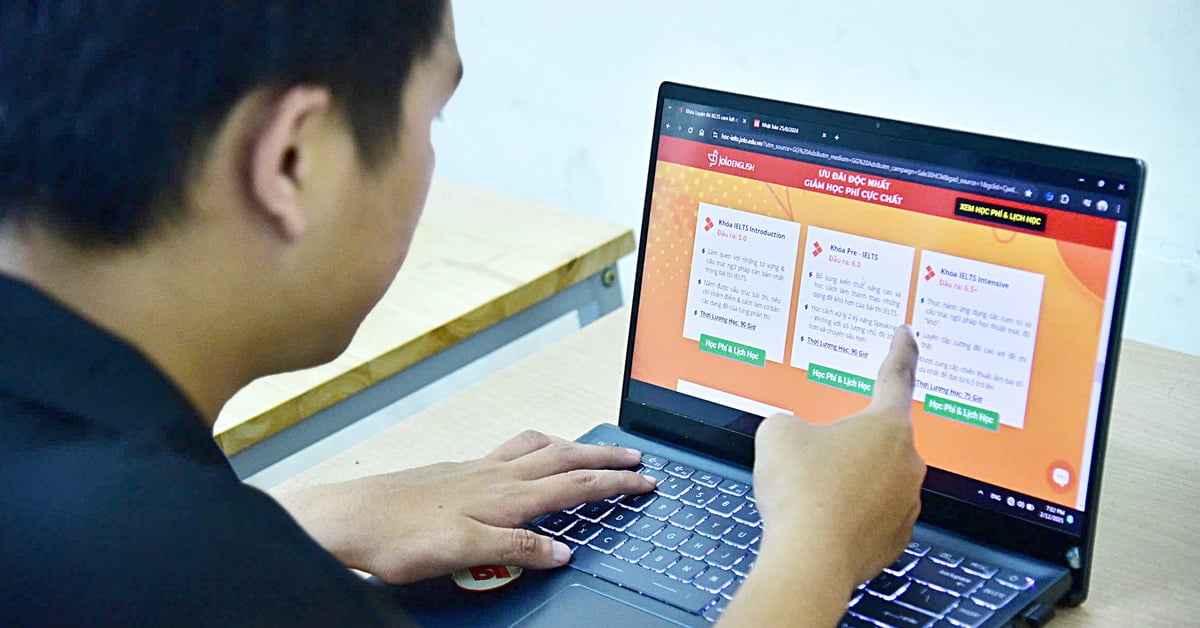

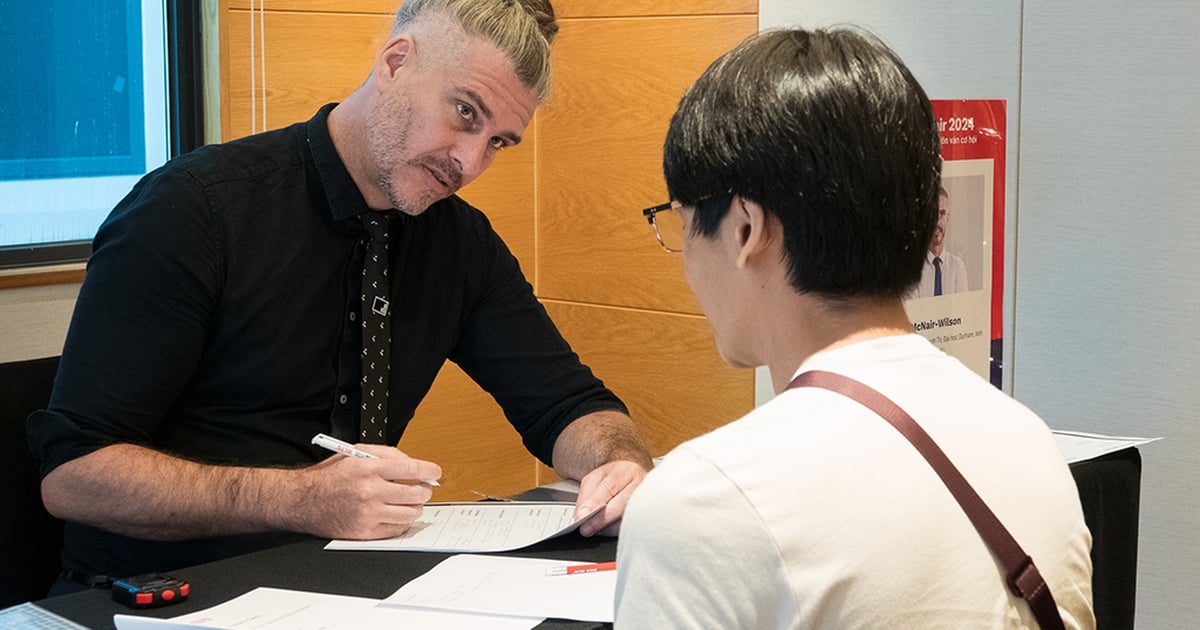




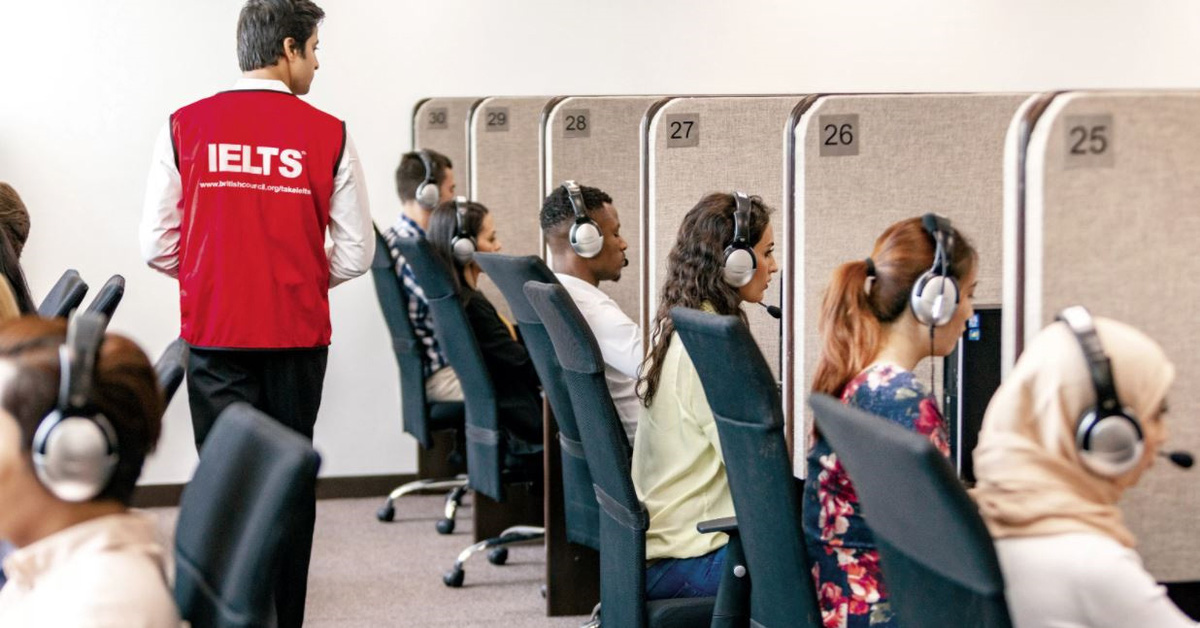
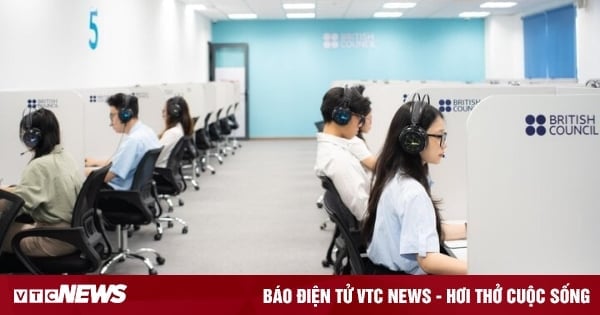



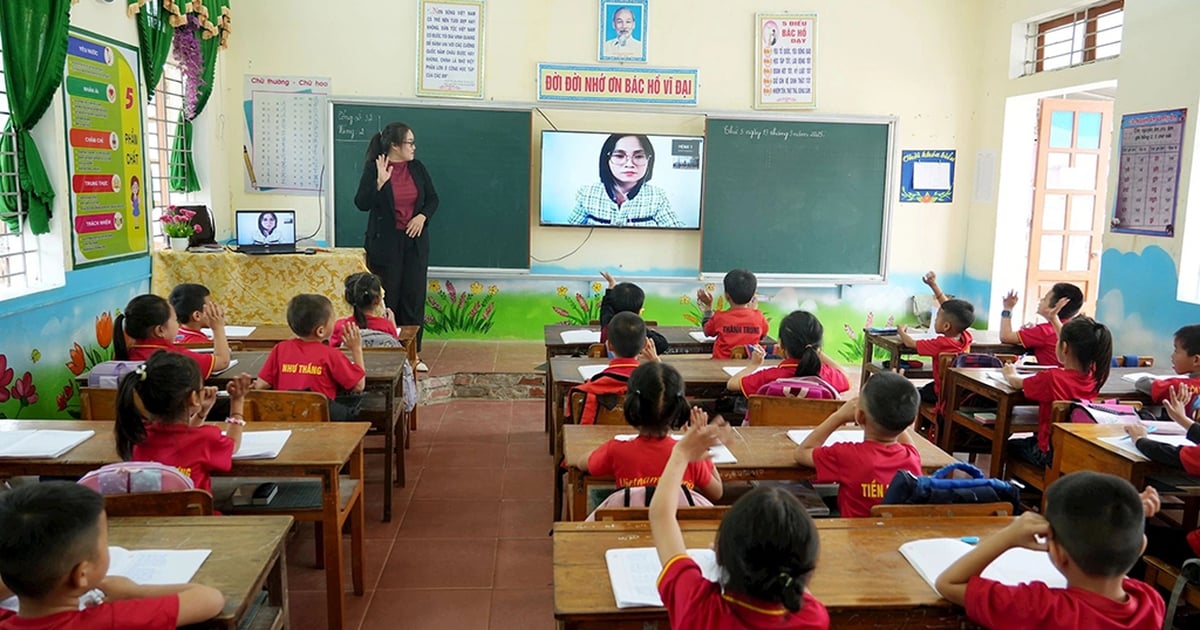
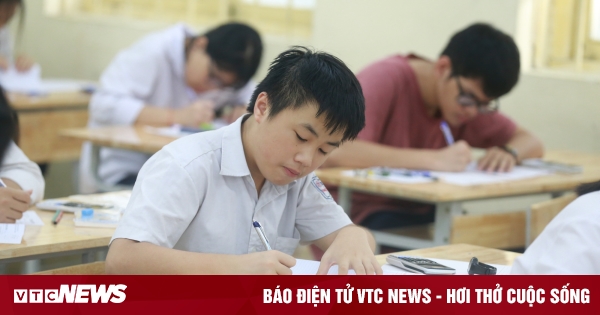

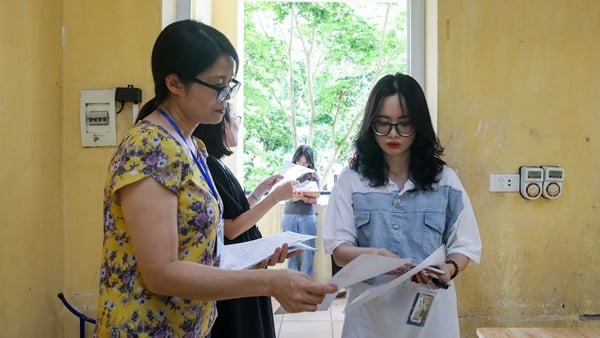





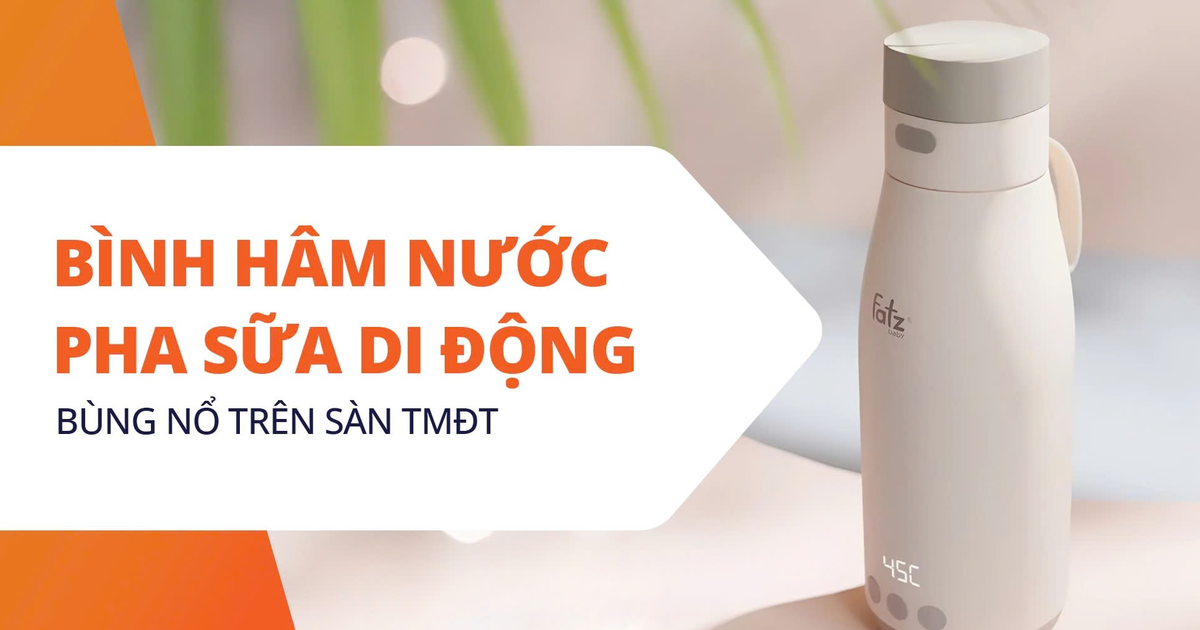


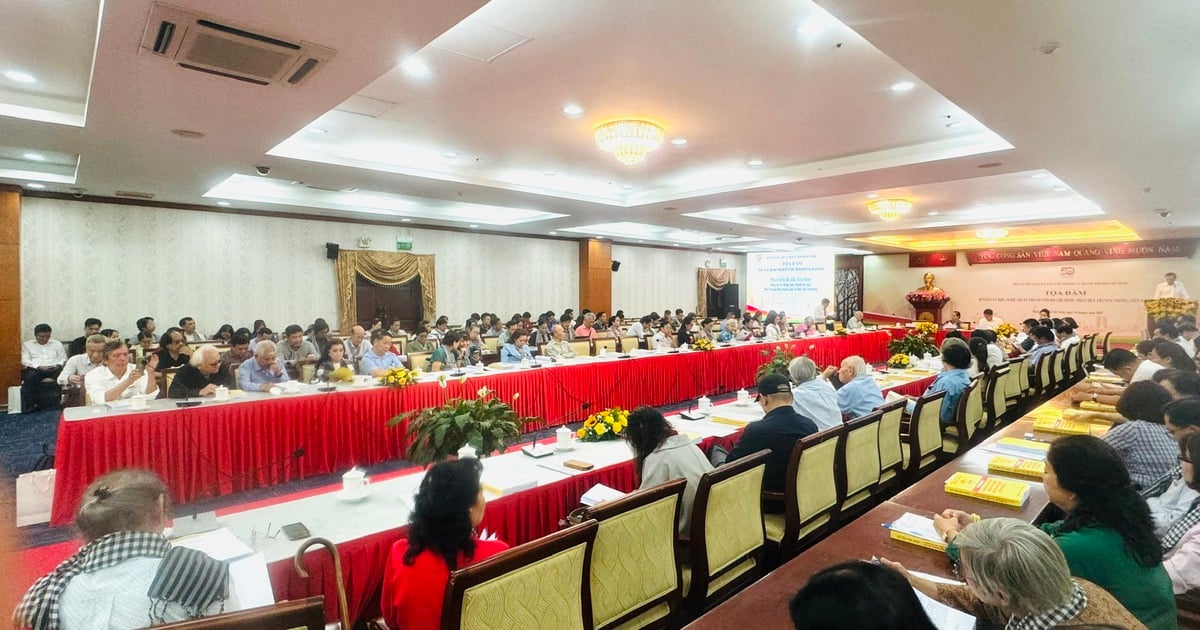

![[Photo] President Luong Cuong meets 100 typical examples of the Deeds of Kindness Program](https://vstatic.vietnam.vn/vietnam/resource/IMAGE/2025/4/16/ce8300edfa7e4afbb3d6da8f2172d580)










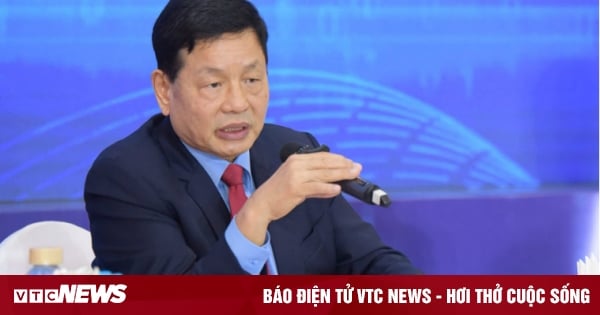
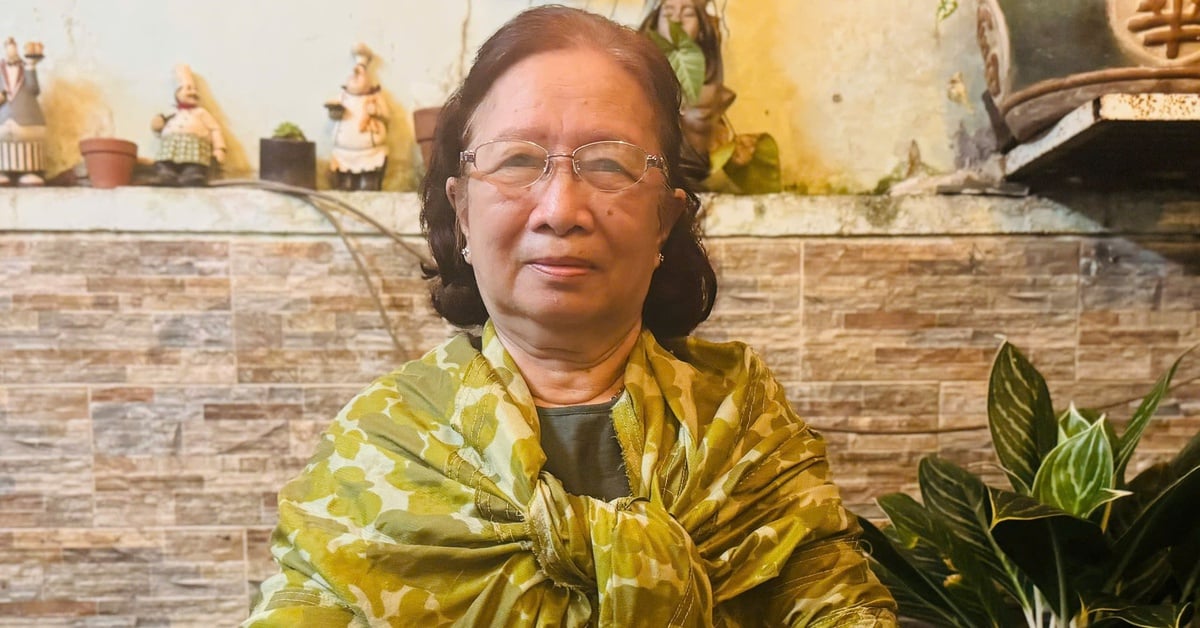

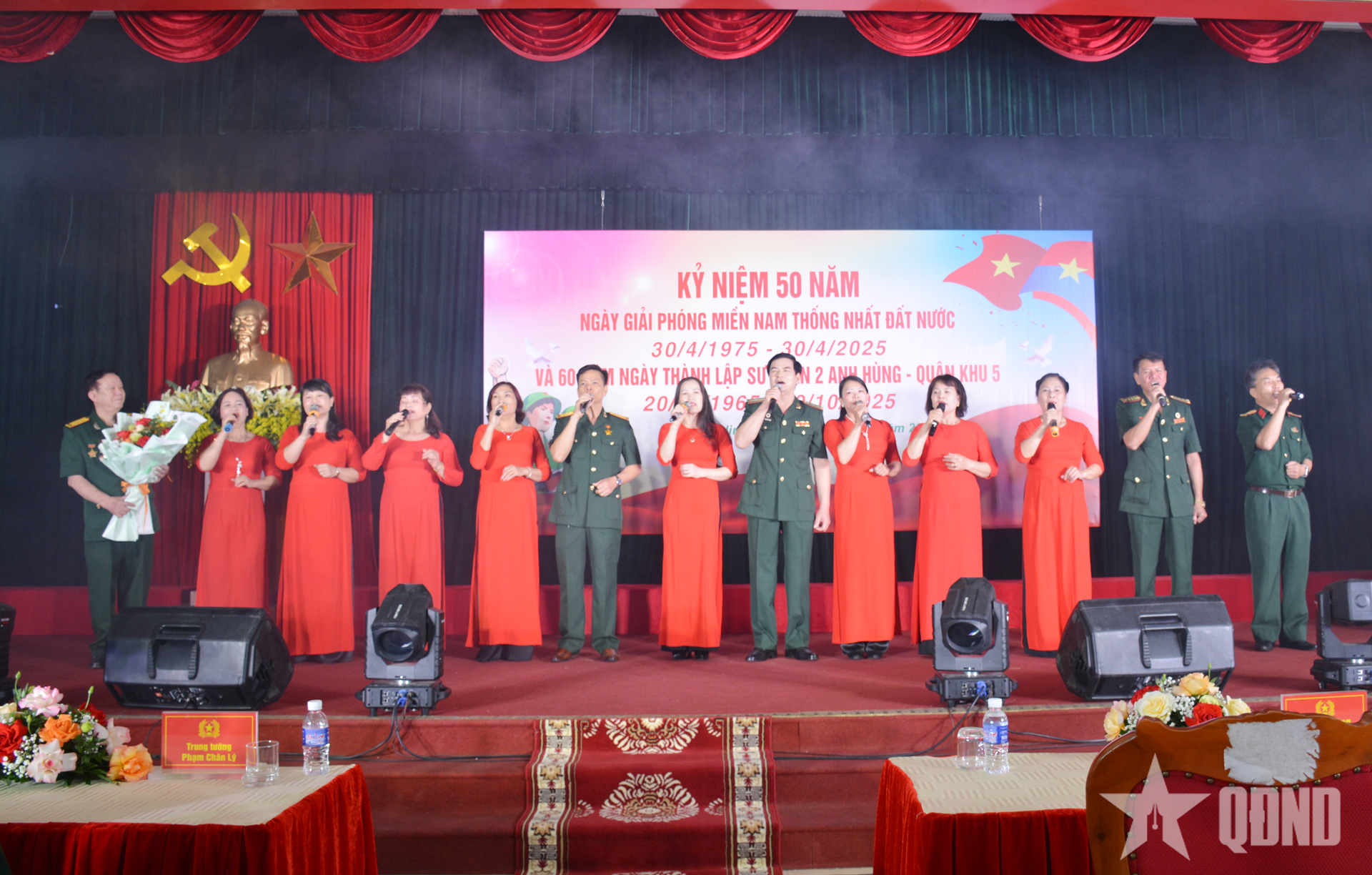




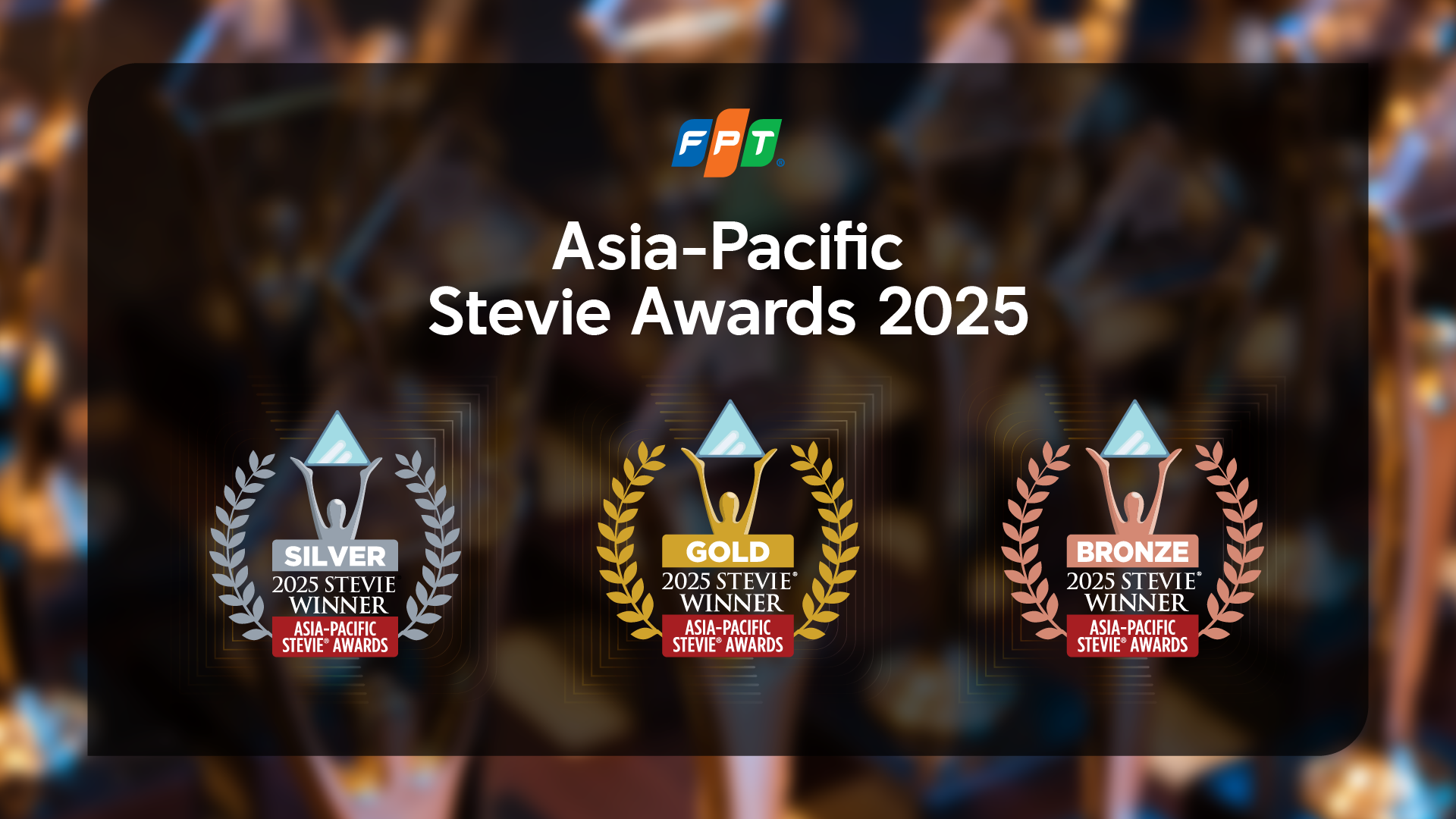









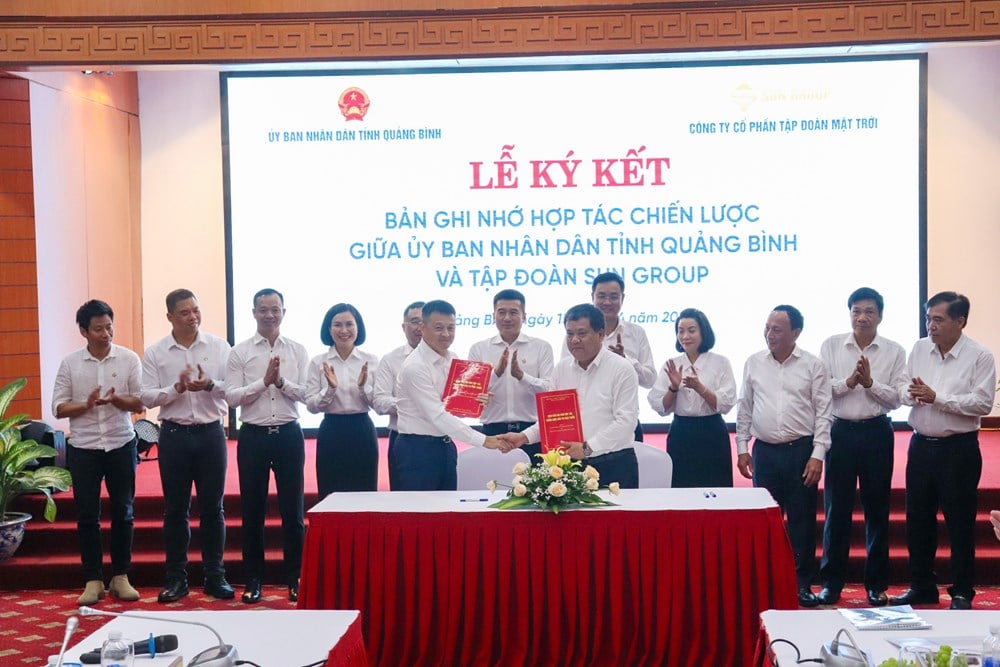





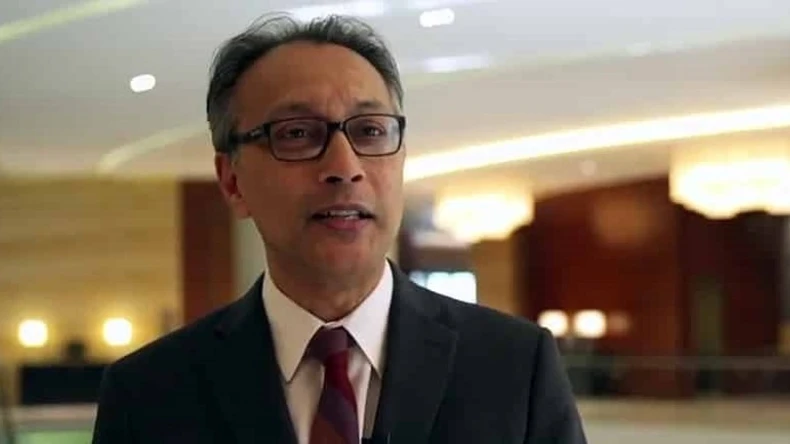












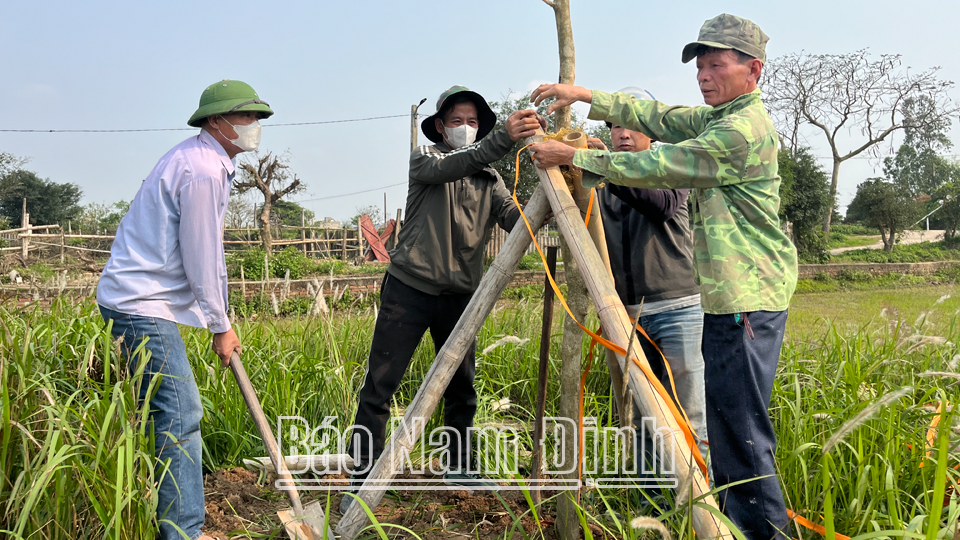

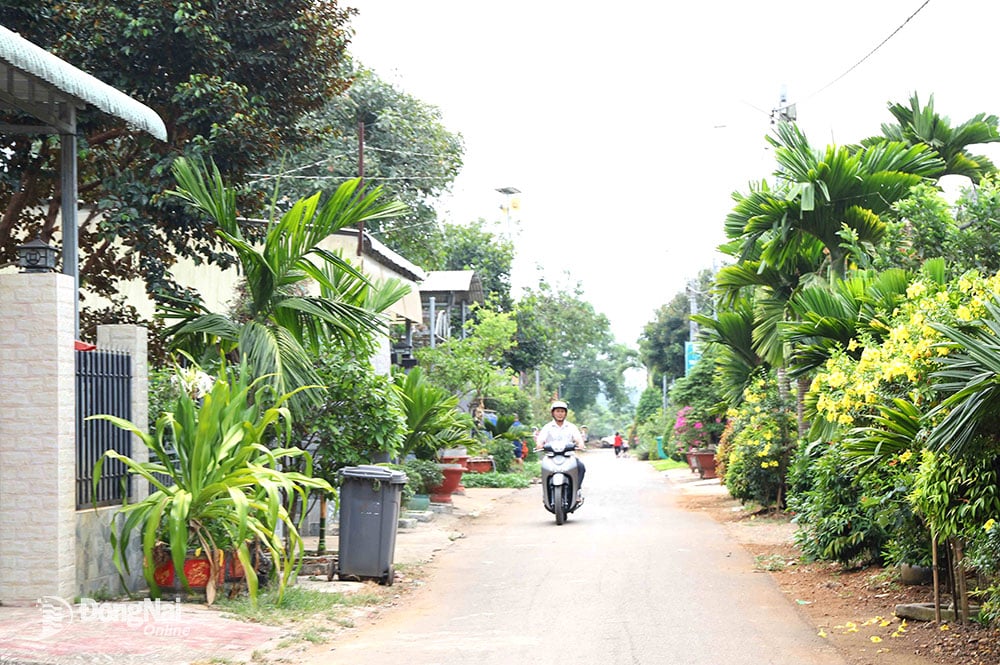







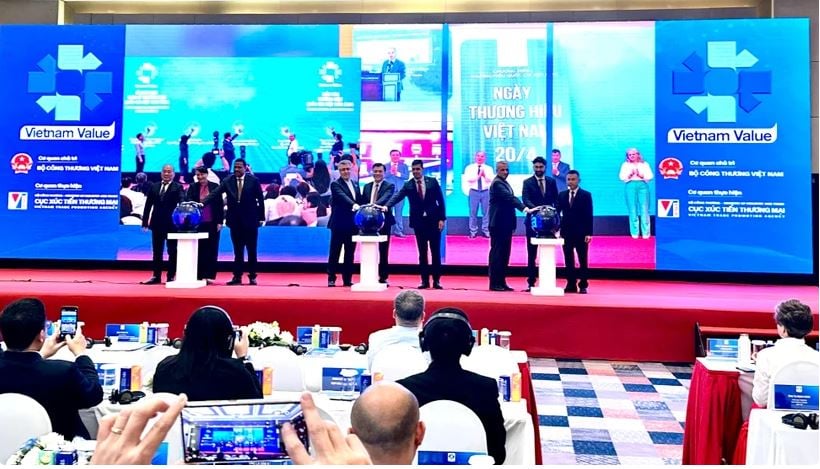


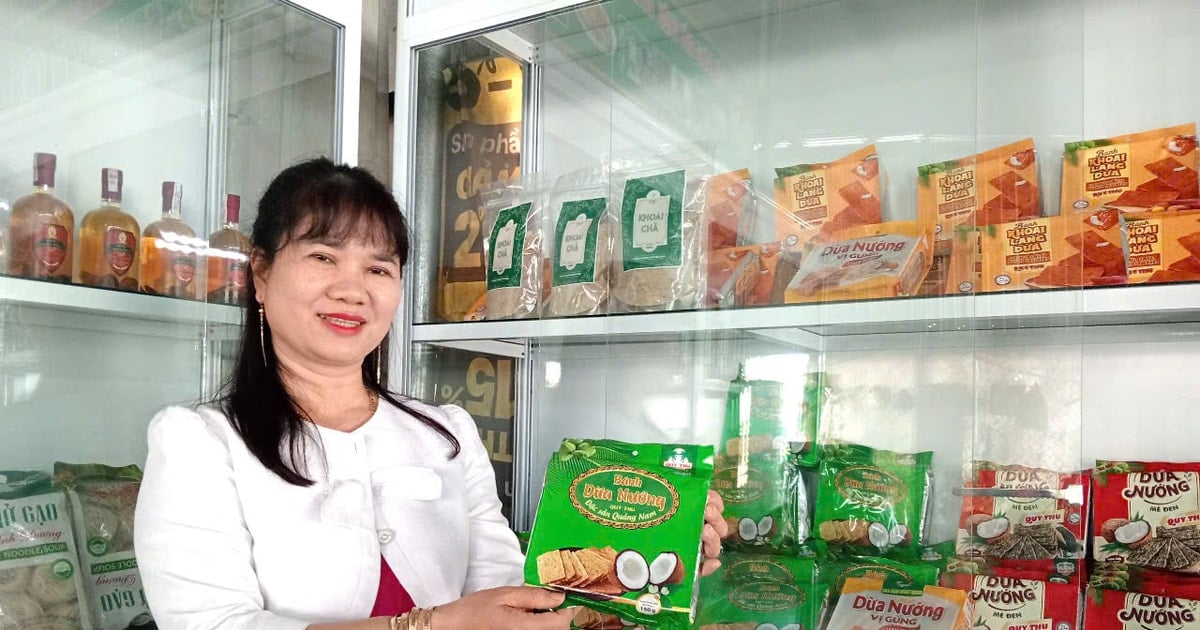
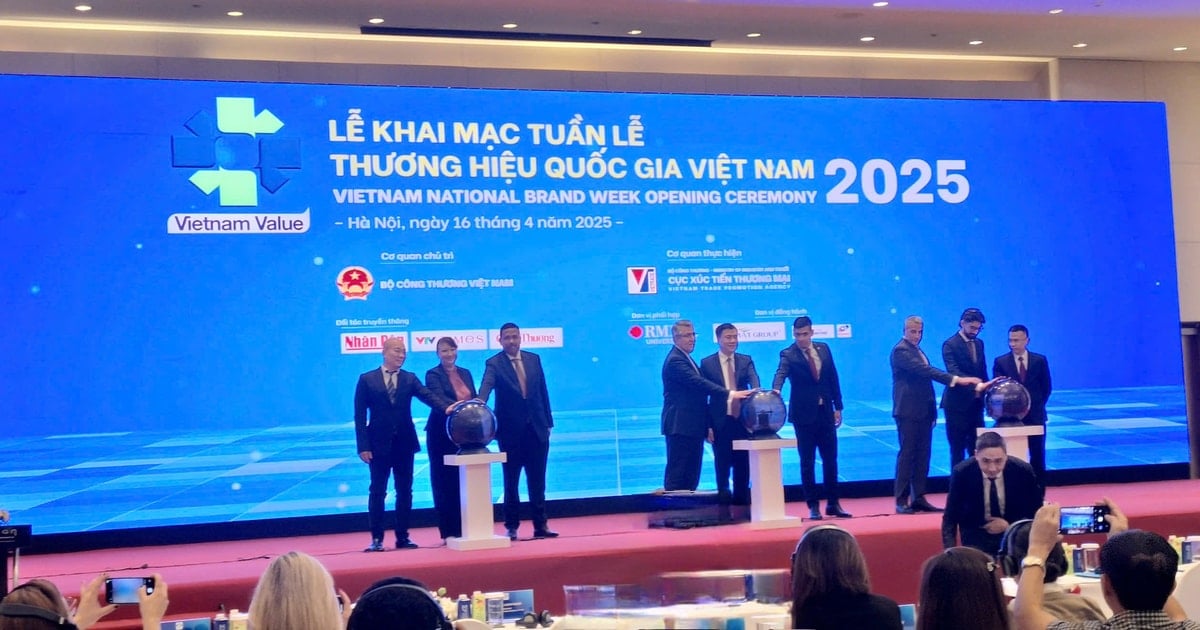



Comment (0)